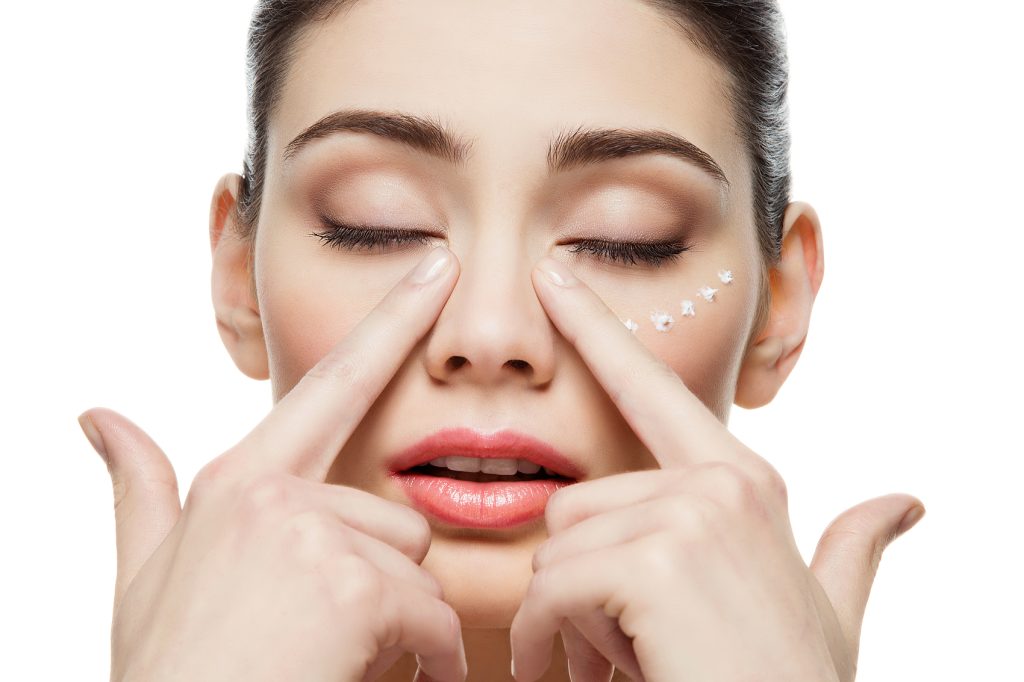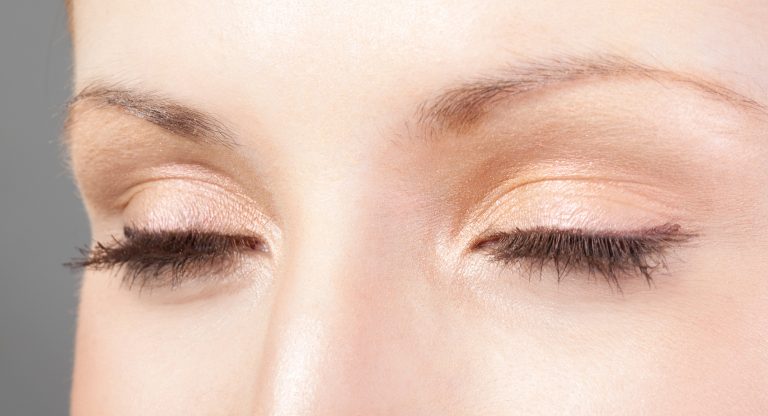Do you have super sensitive skin? If you do, trying new skincare products or dealing with stressful events might feel like a gamble. It can feel like your skin is always on edge, causing you stress too.
Let’s break down what causes this skin sensitivity and how you can manage it better.
What Causes Overly Sensitive Skin? Overly sensitive skin reacts intensely to things that don’t usually bother others. According to a 2021 study, this condition means your skin is highly reactive to stimuli, causing symptoms like itching, redness, irritation, and dryness. It might stem from various disorders like psoriasis or rosacea, or from other issues like stress and immune system problems.

Common Triggers for Sensitive Skin:
- Environmental Factors: Changes in weather or extreme temperatures can make your skin react. Cold weather can dry it out, making it irritable, while hot and humid conditions might increase oil and sweat production, causing inflammation.
- Skincare Products: Ingredients like fragrances, alcohols, and harsh chemicals can irritate sensitive skin. Even natural oils like lavender or tea tree might trigger reactions.
- Allergies: Reactions to pollen, certain foods, or fragrances can manifest as redness, swelling, or rashes on your skin.
- Stress: Stress affects your skin directly by increasing inflammation and weakening its natural barrier, making it more prone to problems.
- Hormonal Changes: Changes during puberty, pregnancy, or menopause can affect your skin’s sensitivity.
- Diet: Some foods and drinks, like alcohol or spicy foods, might trigger skin reactions.
Symptoms of Overly Sensitive Skin: You might experience persistent redness, severe itching, a burning sensation, excessive dryness, or a feeling of tightness in your skin.
Why Is My Skin So Sensitive? The reasons vary:
- Genetics: Sensitivity can be inherited.
- Underlying Conditions: Skin conditions like eczema or psoriasis often come with increased sensitivity.
- Medical Conditions: Major illnesses or health issues like diabetes can make your skin more sensitive.
- Skin Barrier Function: A compromised outer skin layer can make you more vulnerable to irritants.
- Age: Older skin tends to be drier and less able to repair itself, leading to increased sensitivity.
- Lifestyle Factors: Smoking, heavy drinking, and poor diet can all impact your skin’s health.

Managing and Treating Overly Sensitive Skin: While you can’t completely cure sensitive skin, you can manage it to reduce reactions:
- Simplify Your Skincare Routine: Use a gentle cleanser, a fragrance-free moisturizer, and a mild sunscreen. Avoid complex routines and frequent product changes.
- Patch Test New Products: Always test new skincare products on a small area first to avoid widespread reactions.
- Choose Products Wisely: Opt for hypoallergenic products made for sensitive skin, with soothing ingredients like aloe vera and chamomile. Steer clear of alcohol and synthetic fragrances.
- Stay Hydrated: Keep your skin moisturized and drink plenty of water. Consider using a humidifier in dry environments.
- Protect Your Skin: Use a broad-spectrum sunscreen daily to guard against UV damage. Also, cover up with clothing and sunglasses.
- Manage Stress: Incorporate stress-relief practices like yoga, meditation, or journaling into your daily routine.
Managing sensitive skin is all about knowing your triggers and taking proactive steps to protect and soothe your skin. If you’re struggling, consulting a dermatologist is a smart move. They can help you tailor a skincare approach that works for your specific needs.






